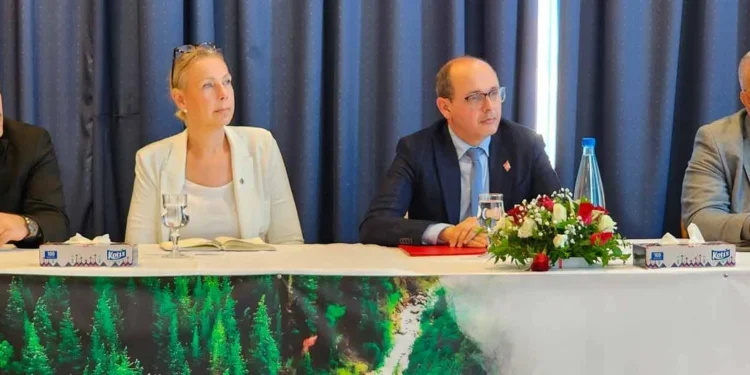An innovative project in Tunisia is creating new opportunities for the country’s most vulnerable rural communities by combining ecological restoration with sustainable income generation. Through a public-private partnership model, local farmers are taking the lead in rehabilitating private lands near state-owned forests, driving their economic and social development.
The initiative, which integrates sustainable agroforestry and forestry practices, aims not only to restore degraded ecosystems but also to transform traditional agriculture into a source of wealth and stability. By promoting value chains for high-value crops, the project is expected to significantly improve rural household incomes and strengthen their economic resilience.
Africa: The 25 financial leaders shaping the economy in 2025
One of the most promising impacts will be on food and water security—critical areas for many communities already facing the effects of climate change. By adopting sustainable agricultural systems, families will gain access to more resources and improve their ability to adapt to extreme climate conditions, securing their livelihoods for the long term.
Additionally, the project will help position communities as key allies in Tunisia’s national climate efforts, strengthening the country’s carbon footprint. Their active participation not only enhances their immediate environment but also provides recognition and opportunities within Tunisia’s broader green development strategies.
With this vision, Tunisia is showing that a sustainable and prosperous future is possible when communities are placed at the heart of the solution. The combination of ecological restoration and economic empowerment promises not only to revive the land but also to renew the hopes of thousands of rural families.









